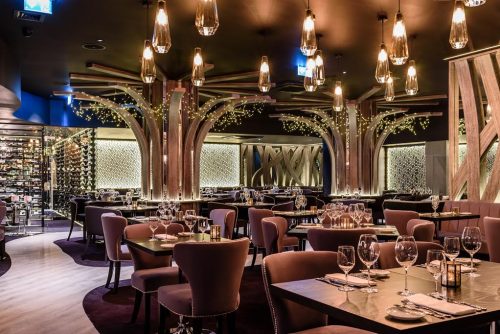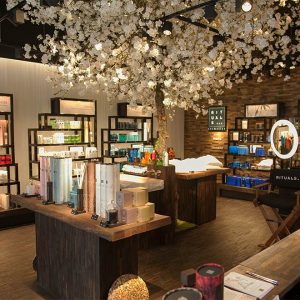West Midlands leading the UK for attracting new restaurants

The West Midlands is leading the UK for attracting new food and beverage businesses, a new report has revealed.
With a growth rate of 1.9% on last year, the region is ahead of nearest rivals Wales and East of England (both 1.8%) and way ahead of London and Yorkshire (both 0.9% – which are the lowest in the UK).
For the UK as a whole, the new report by The Local Data Company (LDC) reveals that the number of new food and beverage (F&B) outlets opening across the country reached a new peak in the last 12 months.
In the last five years, the average annual growth rate of F&B outlets was +743 new units per year (net), but in the last 12 months the number of new units nearly doubled this number to 1,333 (+44%).
The figures will make welcome reading to Birmingham’s inward investment strategy, which has been to actively encourage growth in the city’s hospitality sector.
The city has seen an explosion in the number of new venues opening over the past year, many taking opportunities to establish facilities in vacant shops and offices in the business district.
The area around Colmore Row, Bennetts Hill and Waterloo has seen a big influx of new restaurants, complementing existing leisure destinations such as Broad Street, Brindleyplace and The Mailbox.
New offerings by the likes of Gusto, The Alchemist and Gaucho have all opened during the past year, alongside expansion by Michelin-starred restaurant Adams and the return of business district favourite Primitivo.
And the demand shows no signs of abating, the restaurant group behind London’s iconic Ivy has agreed a 25-year lease on the former Austin Reed unit and the adjacent store, currently occupied by Louis Vuitton, in Temple Row, and Mexican chain Chilango has revealed plans to convert the basement and ground floor of the former West Bromwich Building Society on the corner of Colmore Row and Bennetts Hill.
Just around the corner, Sabai Sabai, which serves Thai cuisine, has taken a let on 8 Waterloo Street – a move that will put it in direct competition with the likes of Adams, Pieminister and the popular Pure Bar.
Even occasional hiccups like the collapse of the Viva Brazil chain – which was operating out of 37a Waterloo Street – failed to put a dent on the market, with the building being let almost straight away to cocktail bar group Dirty Martini as part of a £950,000 investment.
The LDC report also highlights that the level of churn (openings and closures) has also increased in the last 12 months, up from 20,494 in 2012/13 to 20,981 in 2016/17 (+487 units/+2.3%).
During the five-year period from June 2012 to June 2017, 104,746 outlets opened or closed across the country.
Independent Cafes & Tearooms (+409 units), Coffee Shops (+225), Takeaway Food Shops (+215) and Restaurants & Bars (+210) saw the biggest increase in the last 12 months. Meanwhile Pubs (-254), Indian Restaurants (-79), Night Clubs (-74) and Chinese Restaurants (-62) all declined.
Independent Vegan restaurants have experienced significant growth and have more than doubled in number from 8 to 17 in the past 12 months. Other cuisines to enjoy a boost are Jamaican (+11), Middle Eastern (+29), Carribean (+35), Turkish (+59) and American (+73).
Matthew Hopkinson, of LDC, said: “The growth of food and beverage outlets has been consistent and strong. For many high streets, shopping centres and retail parks it is now an essential part of their offer, where previously one in ten units would have been typical to see, now one in four or even three is the norm across all locations.
“The significant growth of F&B outlets across the country has been driven by changing consumer habits towards food on the go, eating out and a very active investment market in operators driven primarily by private equity finance.”









